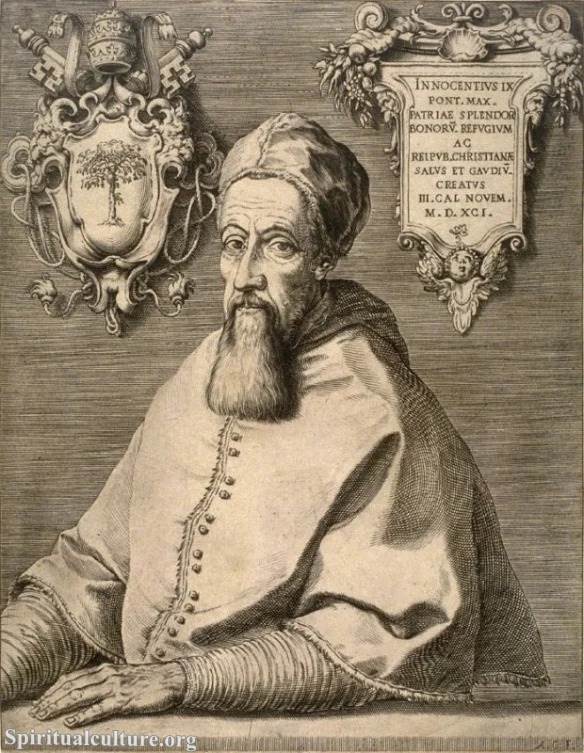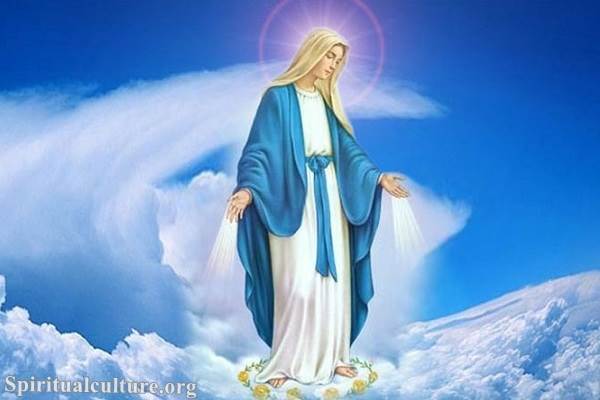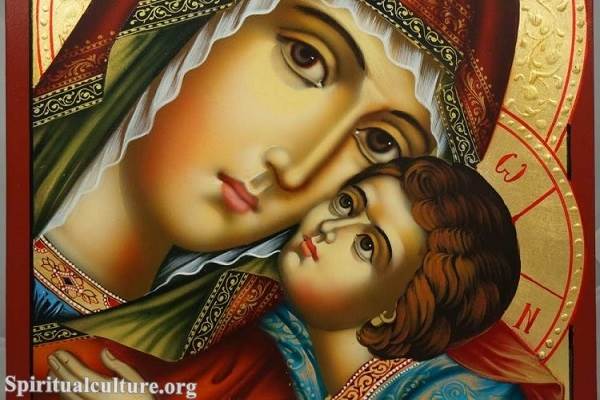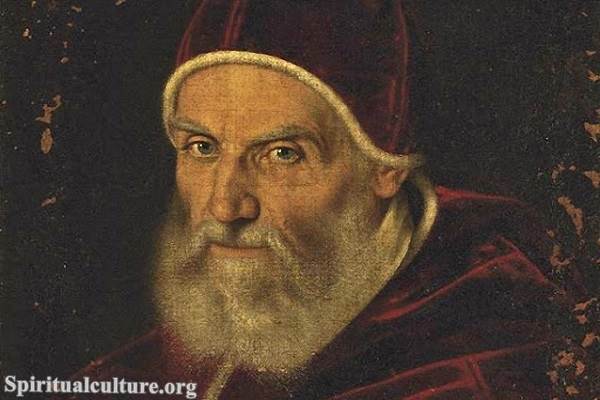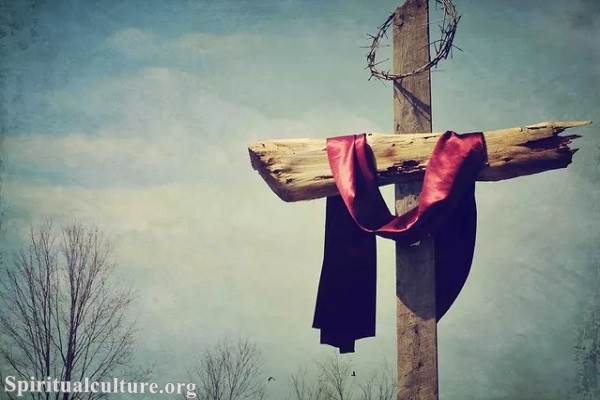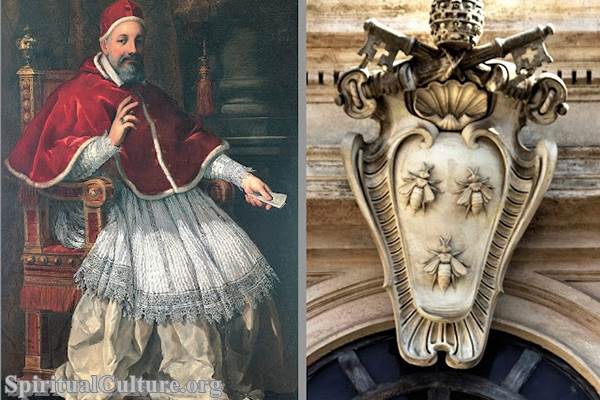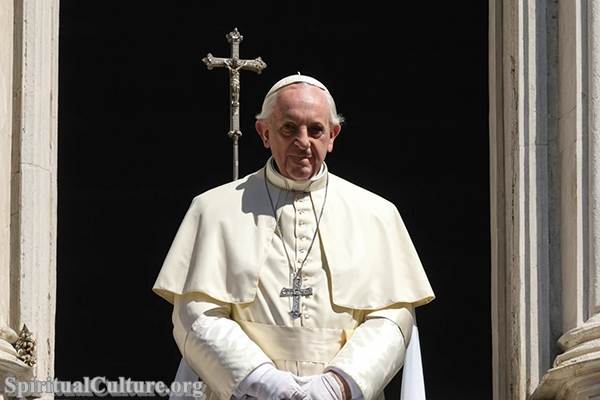Pope Pius II, a significant figure in Catholic history, was a man of immense influence and courage. His unwavering commitment to the Catholic Church and his significant contributions to Catholicism make him an enduring symbol of the faith.
This article aims to explore Pope Pius II’s life and legacy, delving into his impact on Catholicism and the role he played within the Catholic Church.
Born in 1405 as Enea Silvio Piccolomini in Corsignano, Italy, Pope Pius II had humble beginnings. His early life was marked by a lack of religious fervor, but a series of events led him to the Catholic Church. His transformation from a secular life to a religious one is a testament to his faith and commitment to Catholicism.
Pope Pius II’s Catholicism was not just a faith; it was a way of life. He used his knowledge and influence to propagate the teachings of the Catholic Church, and his writings were instrumental in spreading Catholic values and principles. His works, including “Historia de duobus amantibus,” “Europa,” and “De curialium miseriis,” have become important resources for scholars studying the Catholic Church’s history.
Pope Pius II was elected as the head of the Catholic Church on August 19, 1458, and his papacy was marked by significant efforts to strengthen the Church. His dedication to the Catholic faith was evident in his commitment to reform the Church. He strived for a higher level of spiritual discipline among the clergy and sought to eradicate corruption within the Church. His papal bull, “Execrabilis,” which condemned the practice of appealing to a council over the head of a pope, was a significant step towards asserting the Pope’s authority over the Catholic Church.
As a Pope, he was also a champion of Catholic education. He established the University of Pavia and supported the Catholic University of Leuven, demonstrating his commitment to the intellectual development of the Catholic community. His belief in education as a tool for strengthening the Catholic faith has left a lasting impact on Catholic education.
Pope Pius II was a staunch defender of Catholicism against the threats of the Ottoman Empire. His call for a crusade against the Ottomans, although unsuccessful, marked his unwavering commitment to protecting the Catholic Church. Despite facing numerous challenges, he never wavered in his faith and remained a steadfast advocate for Catholicism.
His commitment to the Catholic Church extended to his efforts to unite the Christian world. He convened the Congress of Mantua in 1459, aiming to rally Christian leaders against the Ottoman threat. Although the congress did not achieve its desired outcome, it demonstrated Pope Pius II’s unwavering dedication to the Catholic cause.
The legacy of Pope Pius II within the Catholic Church is profound. His commitment to reform, his emphasis on education, and his unwavering defense of the faith have left an indelible mark on Catholicism. His life and works continue to inspire Catholics around the world, reminding them of the importance of faith, education, and commitment to the Church.
In conclusion, Pope Pius II was more than just a religious leader; he was a beacon of Catholicism. His life and legacy continue to inspire and guide the Catholic community. His contributions to the Catholic Church, whether in the realm of education, reform, or defense of the faith, have cemented his place in Catholic history. As we remember Pope Pius II, let us also remember his unwavering commitment to Catholicism and his enduring love for the Catholic Church.
